

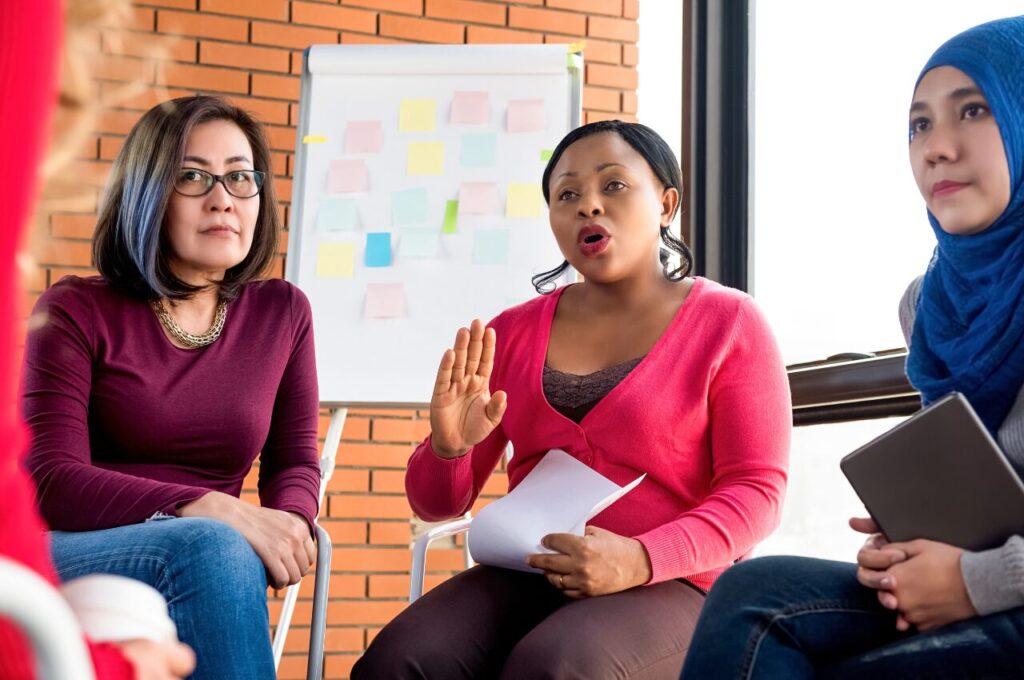

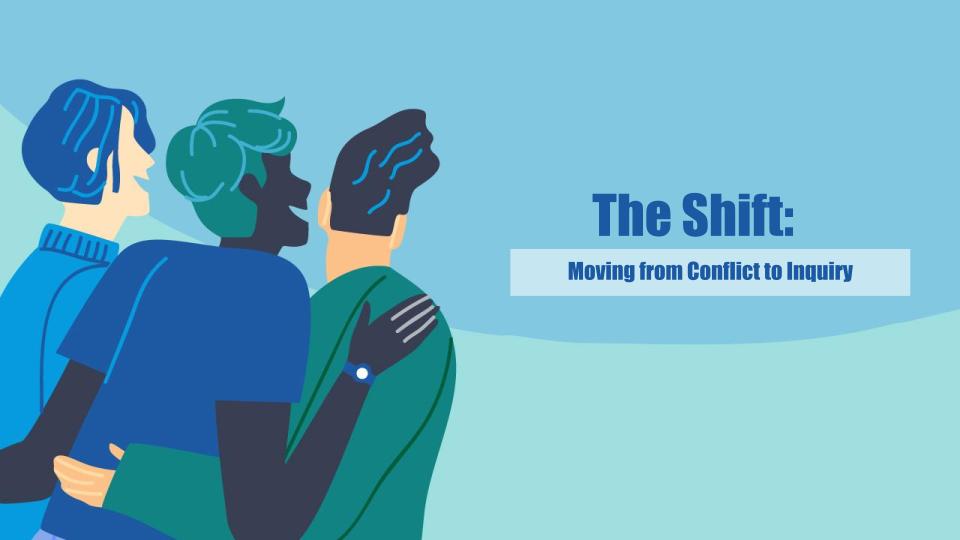

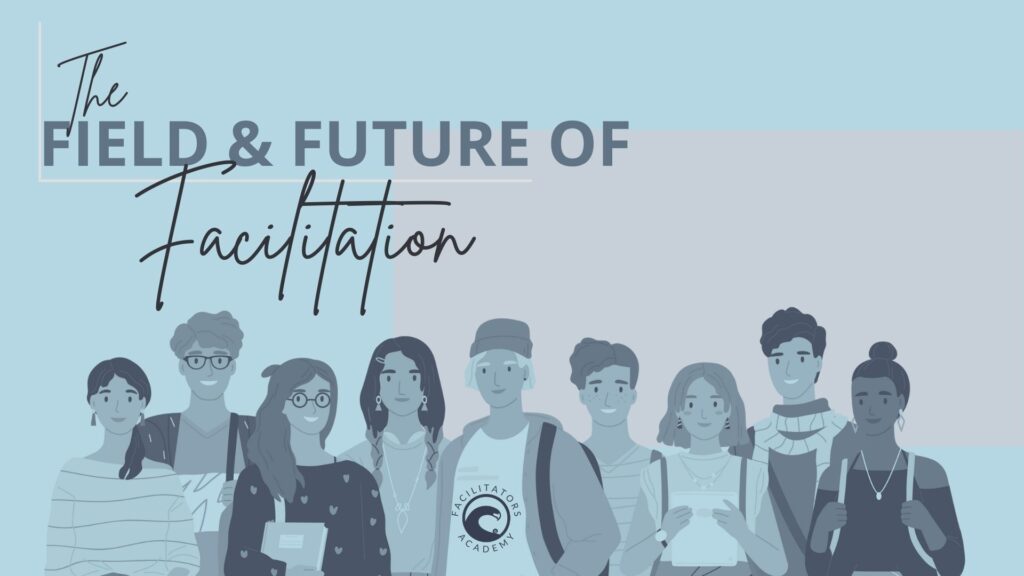
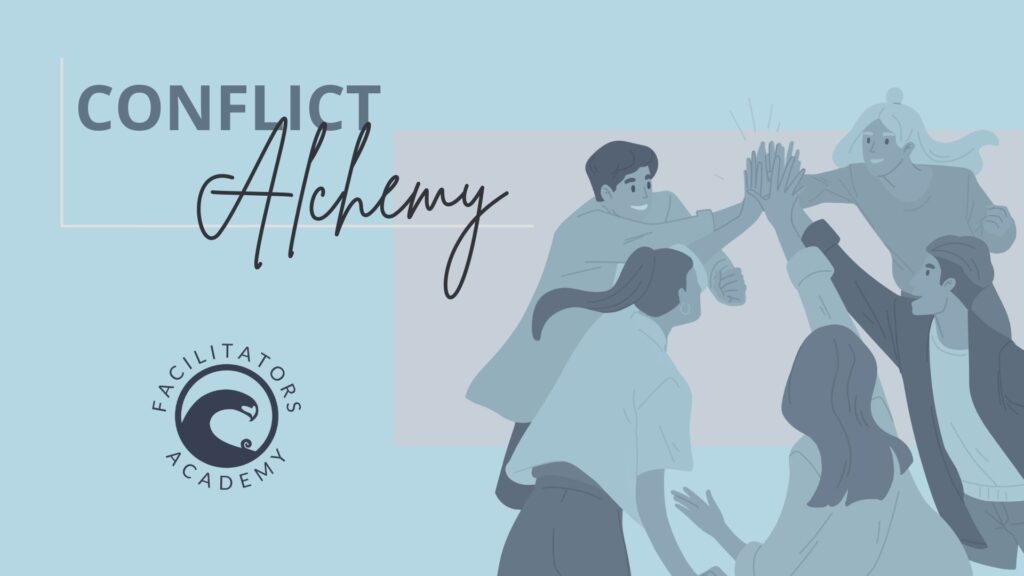
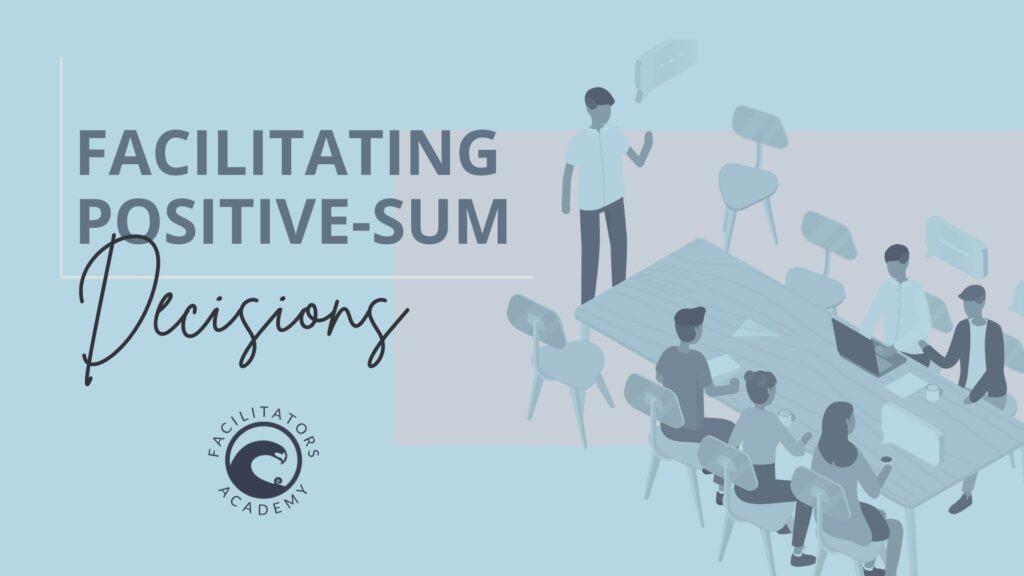
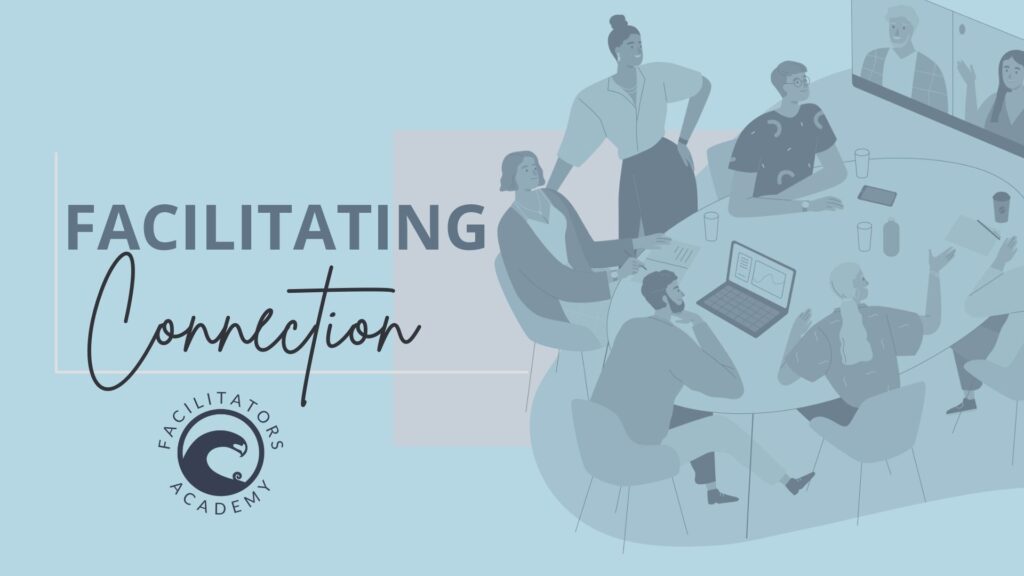
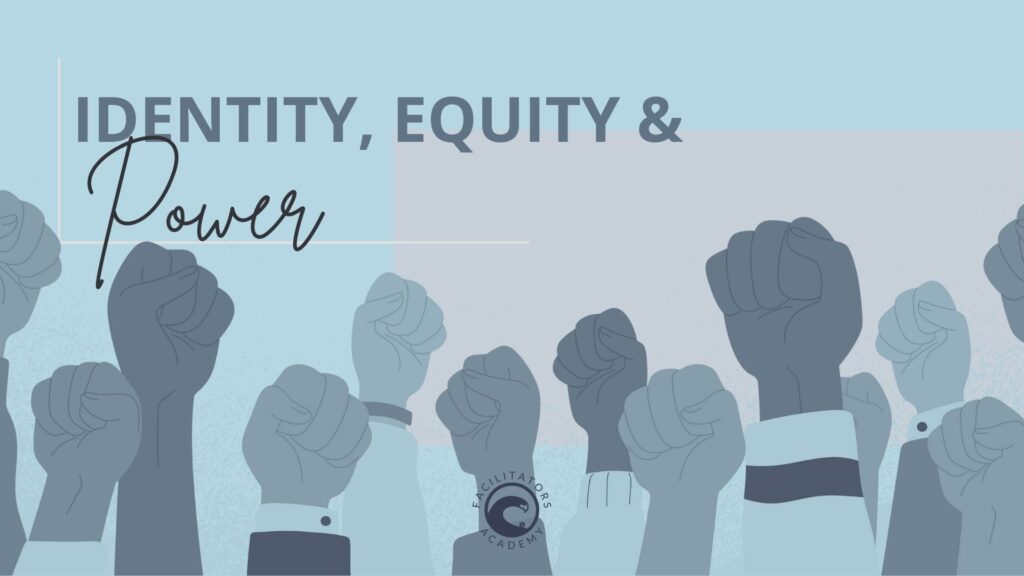
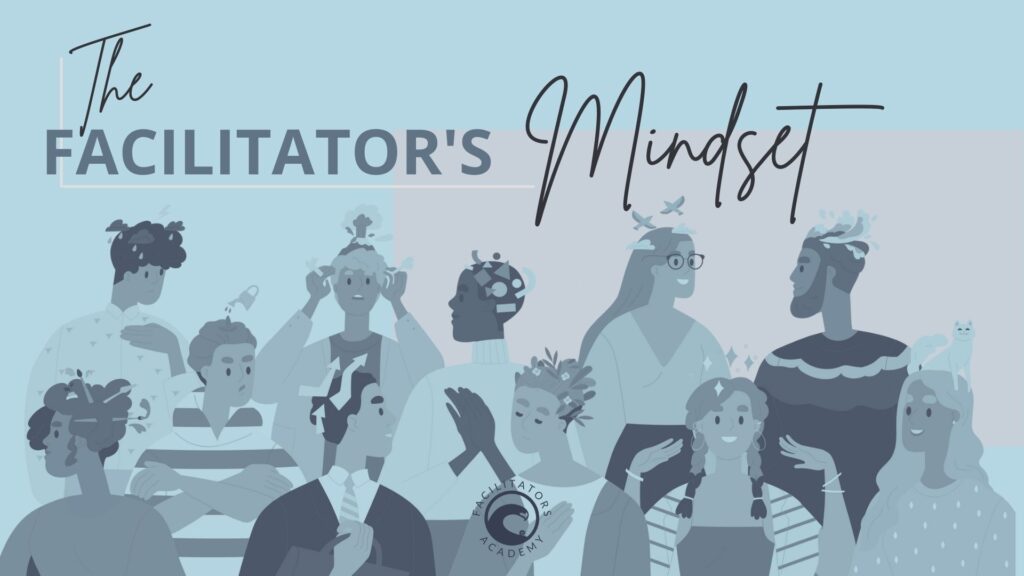
Need to get in touch with the team?

We are grateful for the contributions of our global community of change-agents. Your generous donations have helped us to inspire, equip and amplify tens of thousands of our peers around the world. As an ongoing contributor, you will receive early access to all of our programming and an annual report of our accomplishments. Thanks to you #goodgrows.